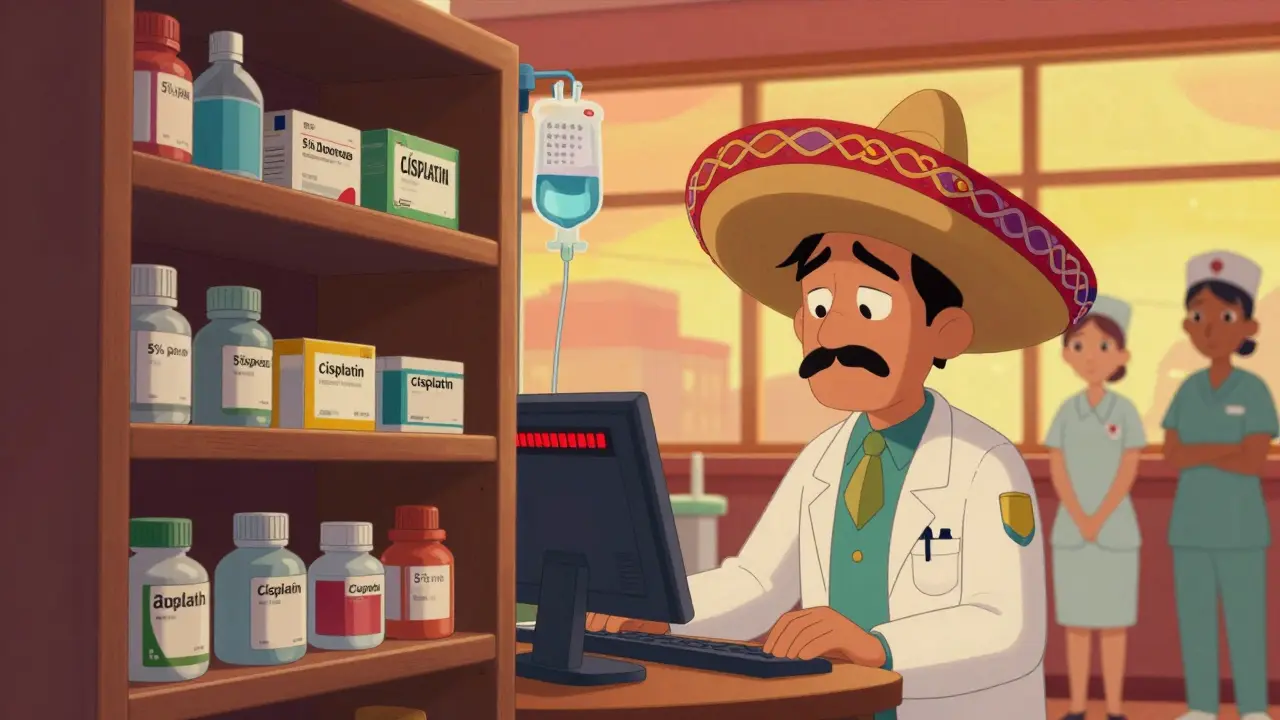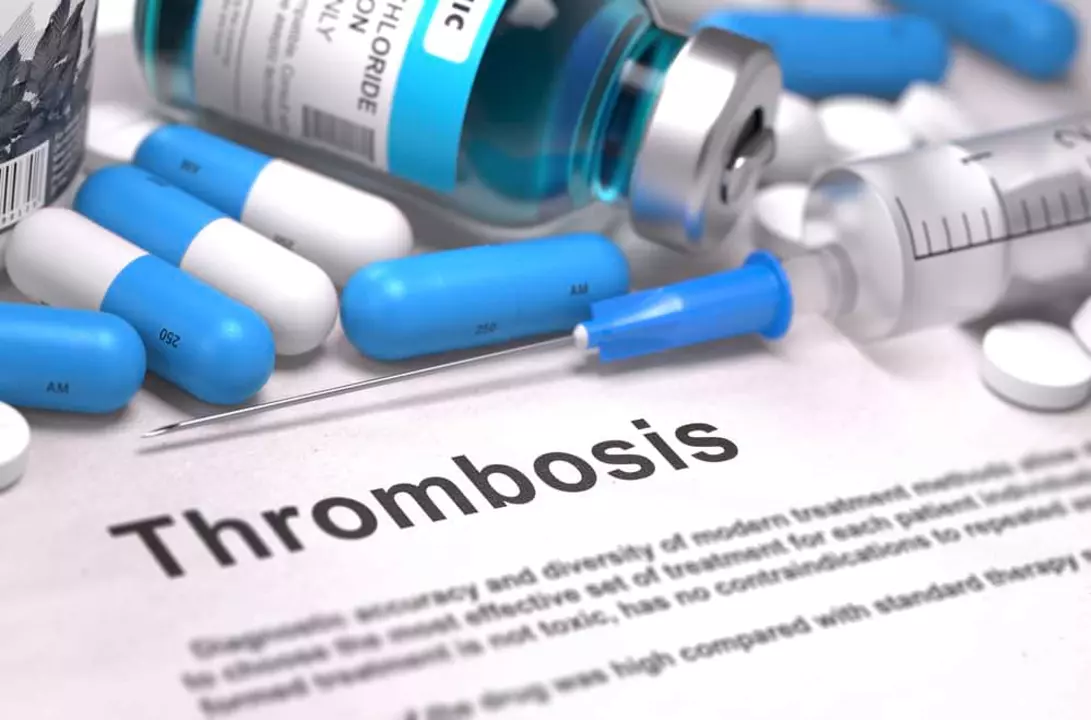Chemotherapy Drugs: What They Do and How to Deal With Them
Ever wondered what actually happens when a doctor says you’ll get chemo? It’s not magic—just drugs that target fast‑growing cells. Below we break down the most common chemotherapy medicines, why they’re used, and real‑world ways to handle the side effects.
How Chemotherapy Drugs Work
Chemo agents belong to a few big families. Doxorubicin slips into DNA and stops cancer cells from copying themselves. Cisplatin forms cross‑links in the cell’s genetic code, basically tying everything up so the tumor can’t grow. Paclitaxel freezes microtubules, the scaffolding that helps a cell divide, and the cell gets stuck.
Other drugs like Cyclophosphamide act as pro‑drugs—once inside the body they turn into toxic chemicals that kill dividing cells. Methotrexate blocks folic acid, a vitamin cancer cells need to make DNA. The common thread? All of them hit rapidly multiplying cells, which includes tumors but also hair follicles and gut lining.
The way doctors choose a regimen depends on the cancer type, stage, and your overall health. Some treatments combine drugs (called “combination chemo”) to hit the tumor from several angles at once. This can improve success rates but may increase side‑effect intensity.
Common Side Effects & How to Handle Them
Because chemo attacks fast cells, you’ll notice a few predictable reactions. Nausea is the most famous—often within a few hours of infusion. Anti‑nausea pills (like ondansetron) taken before treatment can cut this down dramatically.
Hair loss feels scary, but it’s usually temporary. A gentle shampoo and a soft brush keep your scalp healthy while new hair grows back. If you’re worried about the look, consider a loose wig or headscarf; many patients find comfort in simple accessories.
Low blood counts are another reality. White‑blood‑cell drops (G‑CSF) can boost immunity and lower infection risk. Keep hand sanitizer handy, avoid crowded places during low points, and call your doctor if you develop a fever over 100.4°F (38°C).
Fatigue creeps in after each cycle. Short naps, light walks, and staying hydrated help the body recover faster. Remember, pushing through exhaustion can backfire—listen to your body.
Mouth sores are common with drugs like methotrexate. Rinse with a salt‑water solution several times daily and avoid spicy or acidic foods. Soft, bland meals (plain rice, oatmeal, yogurt) keep nutrition up without irritating the mouth.
Finally, keep a symptom diary. Write down when you feel nauseous, how strong the fatigue is, and any new aches. This record lets your oncologist fine‑tune doses or add supportive meds before problems get worse.
In short, chemotherapy drugs are powerful tools that work by disrupting cell growth. Knowing which medicines you’ll receive and planning for side effects can make the whole process smoother. Talk openly with your care team, follow the practical tips above, and stay proactive—your comfort matters as much as the treatment itself.


